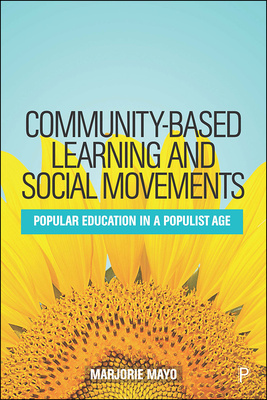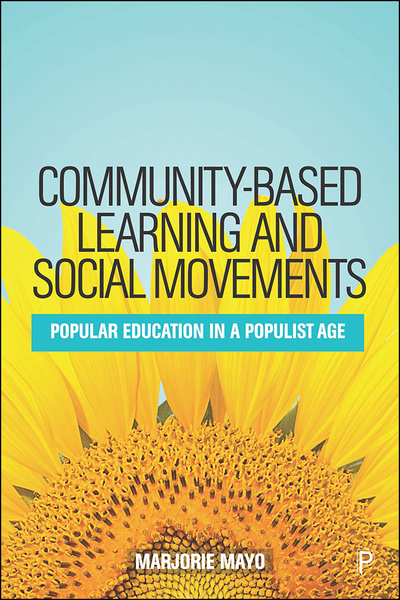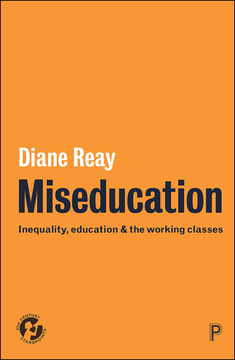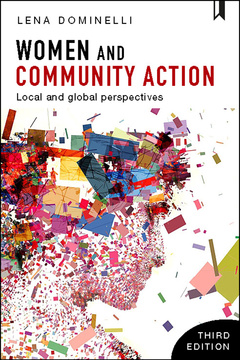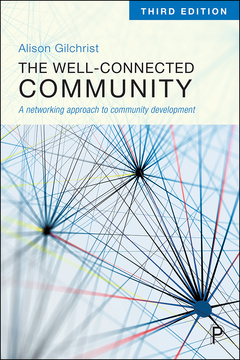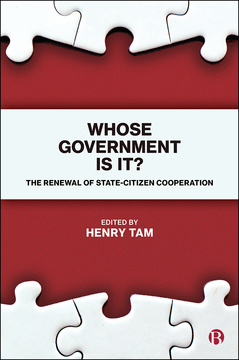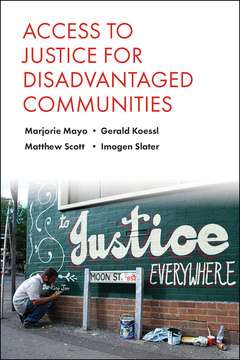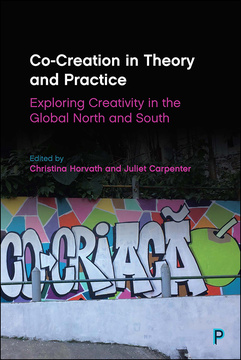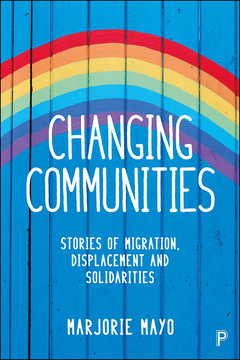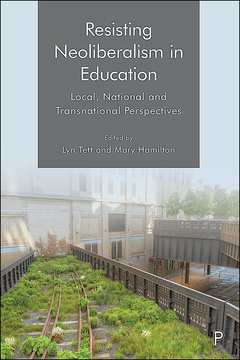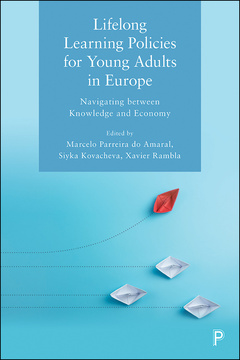Published
May 6, 2020Page count
216 pagesISBN
978-1447343271Dimensions
234 x 156 mmImprint
Policy PressPublished
May 6, 2020Page count
216 pagesISBN
978-1447343257Dimensions
234 x 156 mmImprint
Policy PressPublished
May 6, 2020Page count
216 pagesISBN
978-1447343288Imprint
Policy PressPublished
May 6, 2020Page count
216 pagesISBN
978-1447343288Imprint
Policy PressIn the media
On our blog: Is the current crisis helping to create more hopeful communities?
The rise of Far Right populism poses major challenges for communities, exacerbating divisions, hate speech and hate crime. This book shows how communities and social justice movements can effectively tackle these issues, working together to mitigate their underlying causes and more immediate manifestations.
Showing that community-based learning is integral to the development of strategies to promote more hopeful rather than more hateful futures, Mayo demonstrates how, through popular education and participatory action research, communities can develop their own understandings of their problems. Using case studies that illustrate education approaches in practice, she shows how communities can engineer democratic forms of social change.
“This book provides an extremely clear and accessible argument for the relevance of popular education and related practices, historically and continuing in the current “populist age” … This is essential reading for people developing community-based education, students and activists and, while many of the examples will be familiar to more experienced popular educators, there will be new insights for most.” Educational Review
"Marjorie Mayo is a legend in the field of community and popular education and in this book she draws on her wealth of experience to illustrate how urgent and necessary such work is in today’s populist age." Jim Crowther, University of Edinburgh
Marjorie Mayo is Emeritus Professor in Community Development at Goldsmiths, University of London.
1. Introduction
2. Popular Education in a Populist Age
3. Popular Education and its Roots
4. Spaces and Places for Popular Education and Participatory Action Research
5. Principles and Practice
6. Sharing Understandings of Varying Histories and Cultures
7. Making Connections: Linking Issues and Struggles Across Space and Time
8. Power and Power Analysis
9. Community–University Partnerships
10. Taking Emotions into Account
11. Looking Backwards, Looking Forwards.







